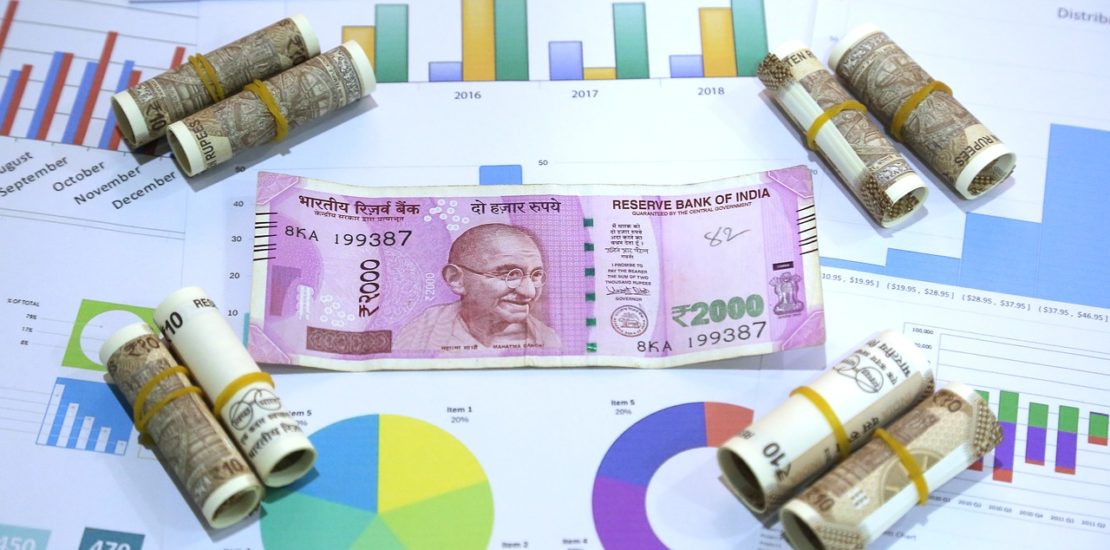- June 27, 2020
- Posted by: Ganeshcbani
- Category: Blog

There are a lot of personal loans companies in the market, but which ones are actually the best? In this article, we take a look at three of the most popular lenders and compare their features. We also provide a helpful guide on how to choose the right loan for you.
Interest rates for personal loans
Comparison of interest rates on personal loans. Compare all major government and private banks’ personal lending rates in India immediately, which help you select the lowest online rates.
Indian personal loan interest rates depend on various factors, the highest of which is the income level. Different banks have various classifications that measure interest rates. In the beginning, you work for an employer (salaried) or you are your own employer (self employed).
Best Personal Loan Interest Rate 2020
| BANK | Interest | Loan Amount |
| Axis Bank | 12-24% | 50,000-15 lakhs |
| Bajaj | 12.99% onwards | Up to 25 lakhs |
| Citi Bank | 10.50-18.99% | 50,000-30 lakhs |
| Fullerton India | 12-36% | Up to 25 lakhs |
| Hdfc Bank | 10.75-21.30% | 50,000-40 lakhs |
| Icici Bank | 11.25% onwards | 50,000-20 lakhs |
| Idfc First Bank | 11.50% onwards | 1 lakh-25 lakhs |
| IndusInd Bank | 10.75% onwards | 50,000-15 lakhs |
| Standard Chartered Bank | 10.99% onwards | 1 lakh-30 lakhs |
| Kotak Mahindra Bank | 10.99-24% | 50,000-15 lakhs |
| Sbi Bank | 10.50% onwards | Up to 20 lakhs |
| Tata Capital | 10.99% onwards | 75,000-25 lakh |
| UCO Bank | 10.95% onwards | Up to 10 lakhs |
| Union Bank Of India | 10.10% onwards | Up to 10 lakhs |
| Yes Bank | 10.99% onwards | 1 lakh-40 lakh |
Top 5 factors impacting the interest rates on personal loans:
Self-employed consumer considerations for personal loan Interest rates:
Yearly Revenue Tax Return
If your revenue is high and you are a large company, you can expect lower rates.
Type of business
Banks are ready to give lower income to sound business. All manufacturers and professional manufacturers receive a better interest rate on personal loans.
Special rates on self-employed professionals
Banks prefer to finance PhD / Engineer / CA and architects, since they think these customers are rarely normal, and prices are higher than those of others.
Salary
When your salary is above a certain amount, banks assume that your payment rates are better as your daily income is higher. Some banks have income categories where different rates are issued.
As your monthly income increases, the personal loan interest rate would be lower. Customers with income ranging from rs. 20,000 to rs. 50,000 and rs. 50,000 to rs. 75,000 are subject to rate criteria. When you have revenue above Rs 75,000, on the other hand, you would have a lower interest rate.
Status of company:
The banks classify companies in 3-4 categories, specifically
Cat A or Elite or Top 500
Cat B
Cat C
And Others
Everyone who works in these businesses will take a Banks personal loan. The higher the business segment, the lower the interest rate you get. Banks classify these companies as large and reputable
Banks provide CAT A borrowers with a lower interest rate because they are less likely to default. Unless your business is new and not listed in the banks, then you will possibly be offered a higher rate or no bank loan.
Credit and Transaction History
CIBIL Scores / Rating will be observed by banks before making personal loans. If the payment for credit cards and loans is not up to the mark, you may be refused by the bank or you may have a higher interest rate. CIBIL SCORE is in the range of 0-900 for personal loans, and most banks prefer customers above 750. Also, if your Cibil score is over 800, you can get an interest rate of 0.25 percent.
Relation with your bank
The bank in which you have your account to save / wage would most likely give you some preferential interest rate or personal loan processing fees. Banks ensure that they have more options than other banks for their personal loans and card customers. Until applying for a personal loan to other banks, check your own interest rate.
Skills of individuals negotiation
With this information in mind, you can always negotiate and ask banks for special exemptions on interest rates, processing fees, etc.


